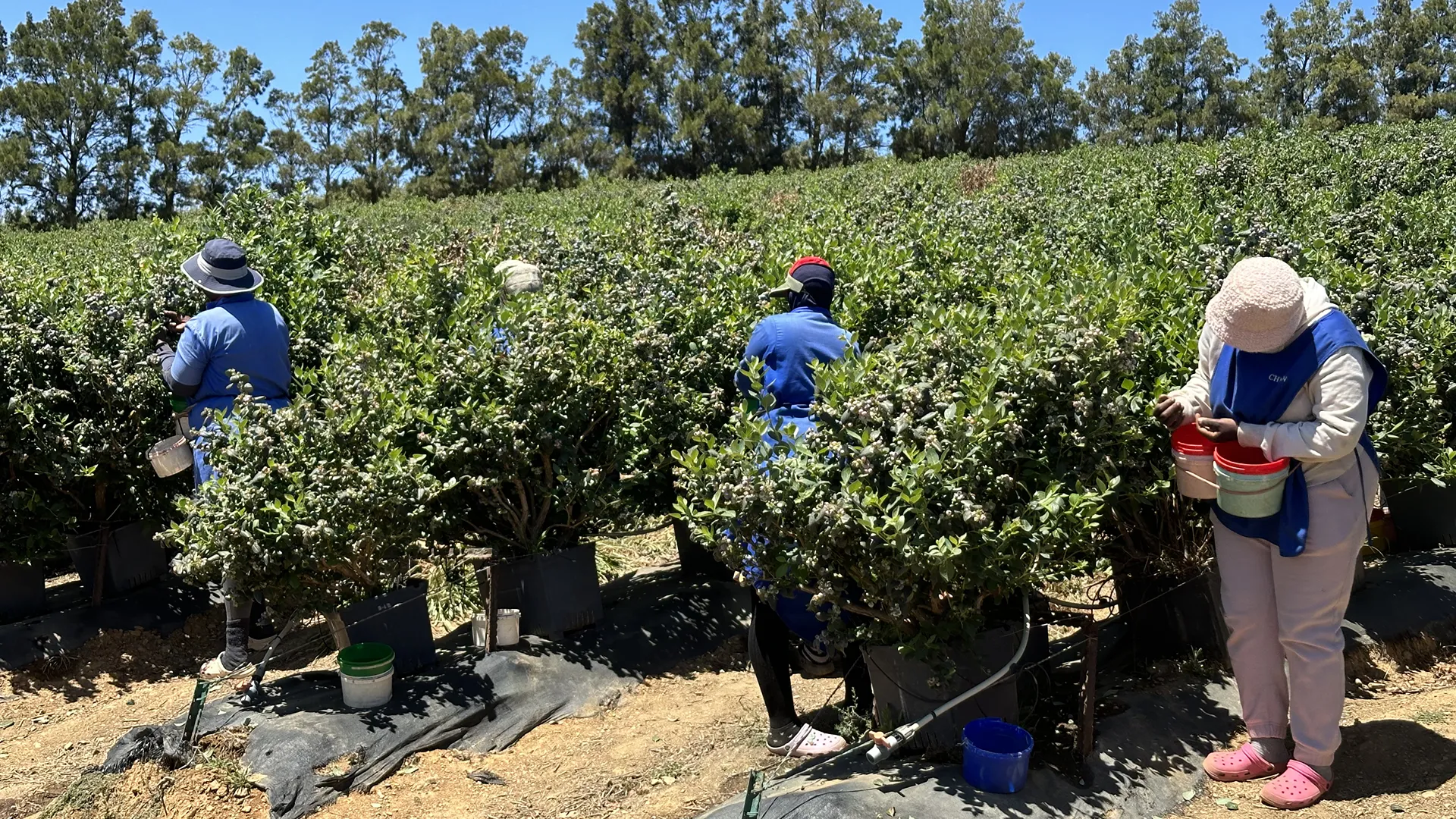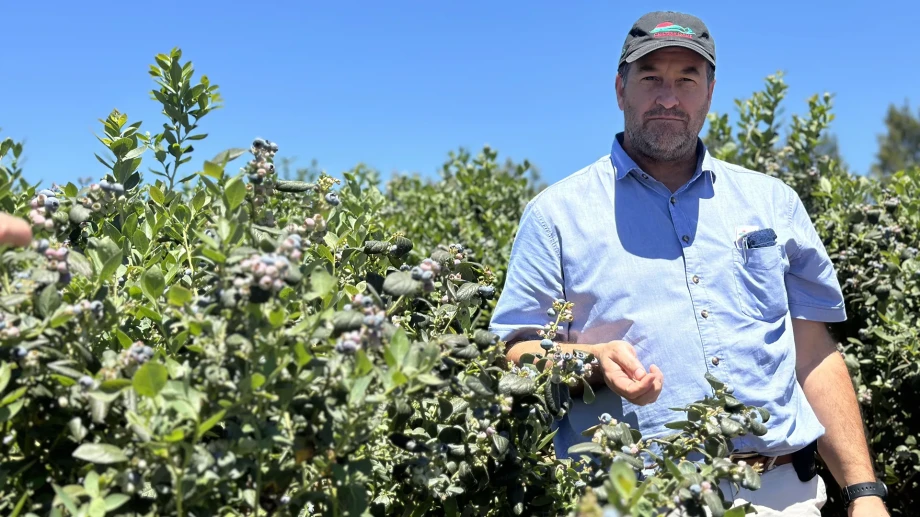Justin Mudge, MD of Chiltern Farms (South Africa), shared with Italian Berry some valuable insights regarding the current state of the blueberry industry and the crucial need for a reset.
Good day, Justin. We appreciate you taking the time to share insights from Chiltern Farms regarding the blueberry industry. To start, could you elaborate on your statement about the current blueberry season being a potential reset for the industry?
Justin Mudge: Thank you for having me. Absolutely, when I mentioned a reset, I meant that the improvements we've seen this season need to be more than a one-time occurrence. It's crucial for the sustainability of the global blueberry business. This season has been better than previous ones, but for lasting success, it's essential to make these positive changes a new norm rather than an exception.
Could you delve into the strategic changes Chiltern Farms has implemented to enhance the quality of blueberries and overall production?
Certainly. We've become hyper-focused on product quality. One significant change is how we grow the berries. We've eliminated internal fruits on weak wood, enhancing the overall quality. Harvesting methods have also been revamped, with improved team management. Additionally, we've taken strict control of the cold chain, ensuring that berries reach precooling within an hour of being picked, with continuous monitoring with Temptale recorders until the berries reach the right temperature.

That sounds like a comprehensive approach. Shifting gears to marketing, you mentioned the opportunity to independently market your product. How has this influenced your understanding of market dynamics?
The independence in marketing has given us valuable insights into market behavior. In the last three years, external factors like COVID hindered our proximity to the market. Now, being directly involved in marketing has allowed us to feel the market, interact with it, and gain a much stronger position to make informed decisions on the farms.
You also touched upon specific markets, like the UK, Germany, and Italy. What observations can you share about each?
In the UK, despite a well-established retail mechanism, slow reactions to supply-demand dynamics have led to pricing challenges and shortages. A more rational approach is needed for market stability. In Western Europe, there has been a quicker response to shortages, with adjustments in pricing structures. However, it's crucial to reinforce these prices and shift from a model of surrounding ourselves with fruit to finding the sale for it. In Italy, there's room for improvement in the market's maturity. Introducing artistry into how we sell berries is essential to avoid confusing consumers with a wide variety of punnett shapes, sizes, and white-label branding.
Thank you for providing such detailed insights, Justin. This information is valuable for professionals in the industry to stay informed and adapt their strategies accordingly.
My pleasure. I believe these changes are critical for the industry's success, and it's essential for us all to work towards a sustainable and thriving future for the blueberry business.








